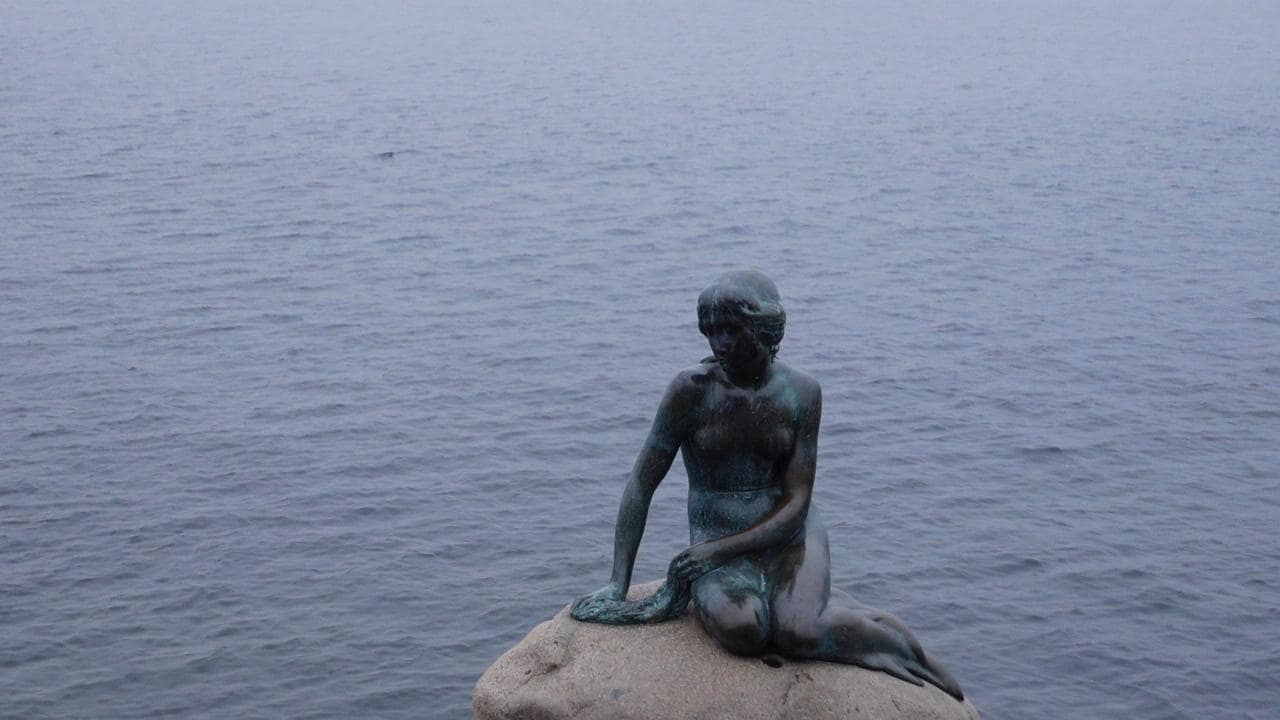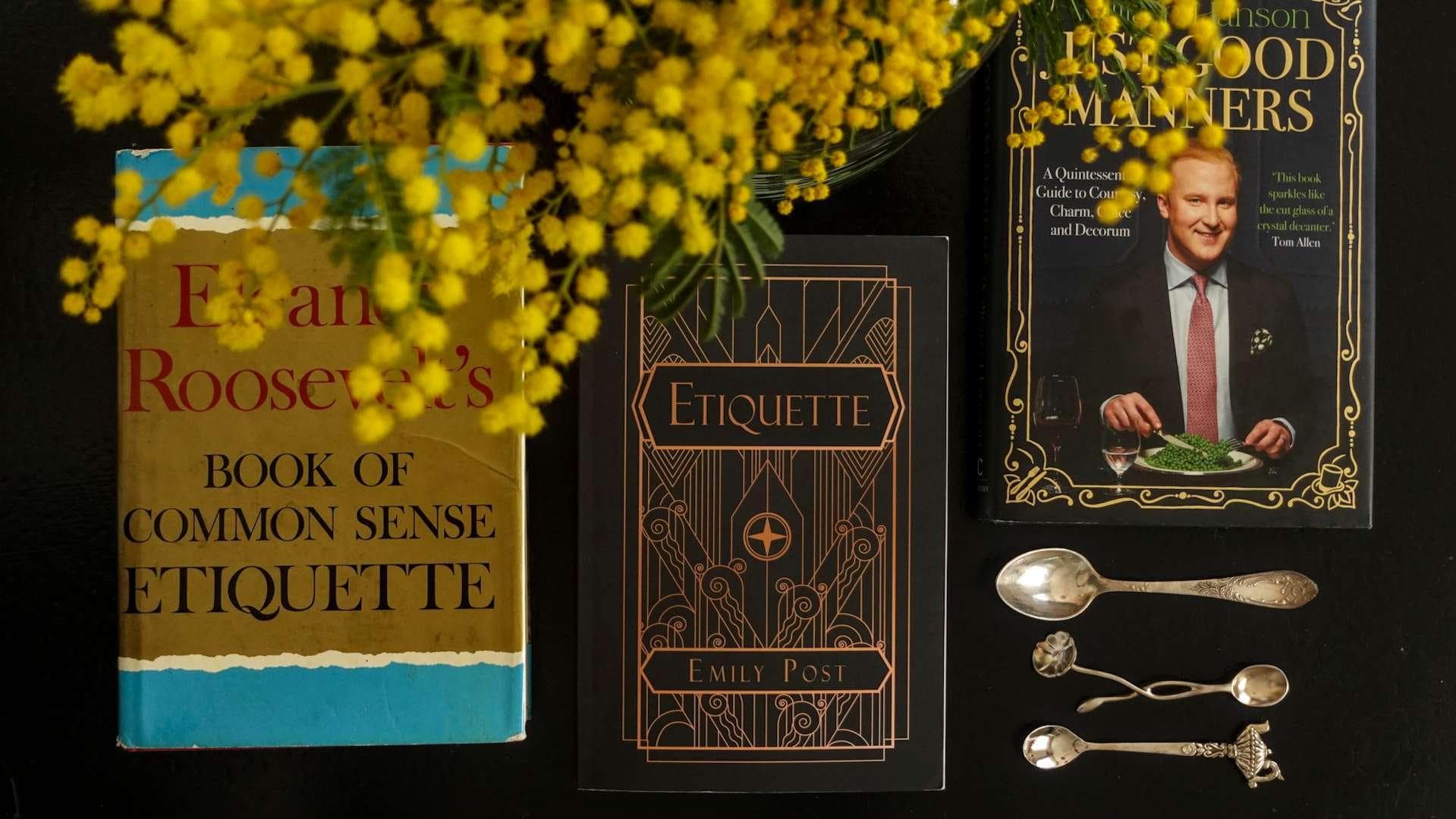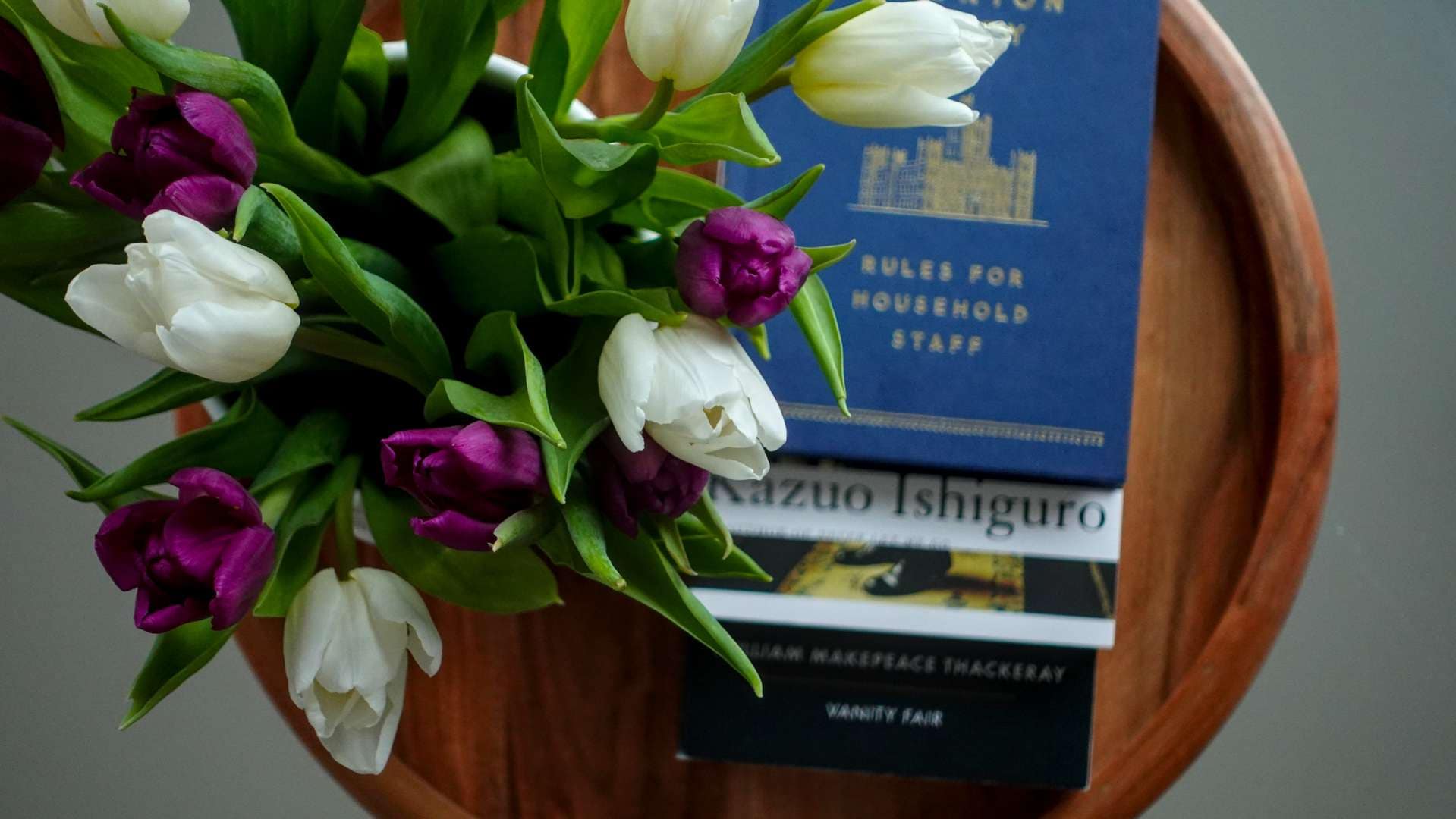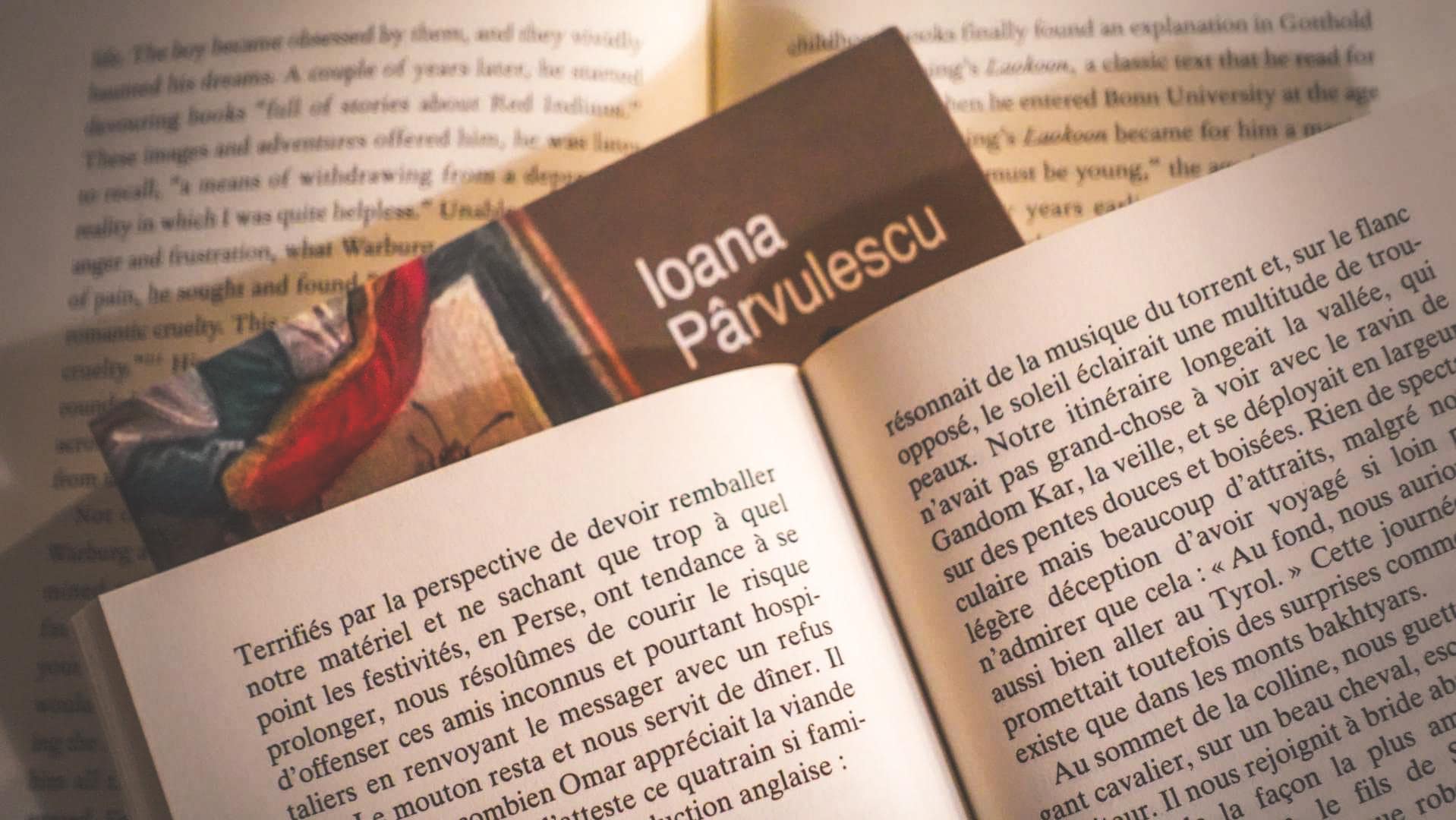Hello friends, and welcome to my latest travel from home ritual. It’s almost summer holiday season, and as always, I’m starting to feel impatient. The adventure calls, the poolside cocktails await, that is… not just yet. So while I wait for the green light, I’m taking inspiration from some of the greatest travelers in history. Here is my current selection of travel memoirs, and all the creative activities they inspired.
But what would a reading session be, without a cup of tea ? And today’s selection is a special treat, one that goes hand in hand with the first travel memoir I chose.
Diang Hong Tea, literally translated into « Yunnan Red Tea » is an exceptional brew, one that originates in the land that gave us tea all the way back in 2700 B.C. China. These golden buds of Yunnan Pure Gold, give a bright red infusion, with subtle notes of honey and fruit, hints of noble flowers and even a touch of malty leather. You might even question the fact that this is a black tea, yet like all exceptional harvests, this is an opportunity, for me at least, to enrich my tea culture and to add nuance to the stereotypes of white, green or black tea that we know. Just like the author of my first choice of book, the first European to clearly state that green and black tea come from the same plant, in a world that knew very little about a beverage that was essential to its economy.
We’ve arrived in China, the mood is set, so let us talk about Robert Fortune’s travel memoir, Three years wanderings in the Northern Provinces of China translated into French as Le vagabond des fleurs – The wanderer of flowers.
Fortune was a Scottish botanist, plant hunter and traveler, who enriched the 19th century British gardens with more than 250 species of ornamental plants brought back mainly from China. Some of his expeditions were incognito incursions into never before visited gardens, spying on natural treasures of the East, you can easily imagine how this would make for a fascinating read. The wanderer of flowers is the first part of his Chinese memoirs, and describes with both scientific accuracy and intellectual humour the kind of adventure that frankly, only the 19th century could provide. For the precise, planned traveler that I am, reading of such spontaneous journeys and all the mishaps they brought on, is both fascinating and terrifying, the perfect recipe for a marvelously entertaining time. If you’re not much of a botanist, don’t let the title put you off ; even if the main goal of his expedition was to collect specimens, he ends up describing in detail the local customs, his interactions with people from all provinces and the travel experience of a foreigner, much more than botanical details of his inquiries. Like for almost all great travelers of the past, the need for a politically correct vision was not pressing, so don’t be alarmed by some of his ways of expressing the great cultural gap between Europeans and Chinese. In realizing what we corrected with time, lies great wisdom.
When thinking of cultural gaps, I cannot help but feel privileged and grateful to be living in such a culturally diverse city as Paris. Things that were unimaginable only one hundred years ago, like shopping for bok choy or saffron of kaffir lime leaves in the heart of Paris, have become as simple as getting your daily baguette. Some of you even tease me when I say things like « if you don’t have a Persian shop nearby » and believe me, I don’t take it for granted even for a second. I cherish all the cultures that make up this fascinating place, and hope with all my heart that it will remain as curious and as enriching as it is today. One of the places I hold dearest in my heart when it comes to this subject is the Cité Internationale Universitaire de Paris, the international campus for Parisian students, founded in 1925 as a pacifist symbol after the Great War. I was a resident here during my Master’s degree, in the Cambodian house, one of the 43 residences in this marvelous park located on the southern outskirts of Paris. Every year, the campus holds a festive week-end in order to celebrate the uniqueness of a place that welcomes more than 12 000 students each year, from all the corners of the world. Lebanese food meets Bollywood dance workshop, Moroccan pastries accompany a pop concert at the Belgian residence, book clearance from the library turns into a bachata class on the main lawn… this is a perfect excuse to wander around and admire a place on earth that has brought together nature, architecture, knowledge and soul, in order to plant the seed of humanist values into the minds of young students everywhere. And for a day, I got to dream of traveling the world, if only through hearing so many languages or sharing a table with Argentinian football fans while drinking Belgian beer, with a bag full of books and a heart full of joy.
My next choice of time travel has brought me a few steps closer to home, let’s say midway between China and Europe, in the memoirs of Vita Sackville-West and her time spent in Iran. Twelve Days: an account of a journey across the Bakhtiari Mountains of South-western Persia has been translated into French as An aristocrat in Asia, and is the second of the two travel memoirs she wrote during her visits to Iran, where her husband was a diplomat (the first one being A Passenger to Tehran).
Successful novelist, poet and journalist, not to mention avid garden designer, Vita Sackville-West is probably most famous for being the friend and lover of Virginia Woolf, as well as being the main inspiration for the protagonist of Woolf’s novel Orlando. Coming from an aristocratic British lineage, she married Sir Harold Nicholson, who served as chargé d’affaires in the British Embassy in Teheran between 1925 and 1927. This offered Vita the perfect situation to explore the country, in search for a rare Persian iris that could only be found in the lands of the Bakhtiari tribe. The voyage was not without danger, and the conditions were rough. This makes for a particularly poignant recalling of landscapes, encounters with people that have left a mark on her vision of the world. In a time when women travelers were beginning to write more and more about their explorations, this is a valuable read both for getting to know her a little better, as well as for the invaluable introduction a culture and a world that no longer exist in this form.
You most certainly know by now that one of my favourite ways to travel from home is through cooking. And somewhere in between Vita Sackville-West’s memoir and the next book I’ll speak of, you can find the origin of a dish that travels and shapeshifts from Persia to Greece, a little more south, a little more north, varying in flavours yet keeping its identity : stuffed vine leaves. This might bring you memories of Lebanese feasts or of Persian nights, of Greek islands, Turkish palaces and even Balkan rhythms. Some recipes are vegetarian, others use minced meat in the stuffing, but all of them seem to have rice and fresh, fragrant herbs in the mix. My twist on this classic Mediterranean dish is to replace the rice with roasted buckwheat, which gives a rich and nutty flavour, to accompany the zing of the tomato and the lightness of the greens. A couple of softened shallots, some parsley, thyme and dill, the kasha or roasted buckwheat, diced tomatoes and some lemon juice, simple ingredients that combine into magic. For the spices, I chose flavours that marry well with thyme, so a little pinch of nutmeg, some four-spice, carom seeds, salt and pepper, without forgetting the bay leaf sneaked between the rolled leaves. The repetitive task of rolling dozens of leaves over and over, is either the perfect meditative moment or the chance to catch up on my audiobooks. And time just flies.
Your reward comes in that first fresh and flavourful bite, that transports you in a way that nothing else can. A moment ago I was in Persia, and now, I’m boarding on a steam boat to navigate the Danube from Cernavoda to Vienna.
Here is where my June literary adventure brought me in the end : A poet’s Bazaar, Pictures of travel in Germany, Italy, Greece and the Orient by Hans Christian Andersen. This was a true discovery on one of my latest trips to Romania, since I had never considered non fiction writing from the Danish master of the fairy tales. And yet, this is but one of several travelogs he published during his lifetime, since he was a keen traveler and an enthusiastic reformer of the style. In his Poet’s Bazaar, one can find as many descriptive passages of his experiences, as philosophical reflections he shares on topics as varied as spirituality, politics or anthropology. A few fictional chapters find their place throughout the journey as well, they are sweet reminders of the profoundly sensitive nature he so often infused into his storytelling.
I cannot help but envy his itinerary, crossing Germany from North to South, seeing Italy’s Lombardian jewels as well as the resplendent Amalfi Coast and Sicily, then crossing the Mediterranean to Greece where he combined islands and mainland for a deeply classical experience, only to cross the seas once more to the exotic Ottoman empire, with stories of Pashas and whirling dervishes. Finally, across the Black Sea to the Romanian coast and navigating the Danube up to Vienna, crossing parts of Romania, Bulgaria, Serbia and Hungary. Now tell me this isn’t a dream voyage ?
Certainly a travel memoir you must read, if only for the passionate charm of a 19th century intellectual traveler.
This was my coping mechanism for this late Spring travel fever, and I must say it was delightful. I got to travel in space as well as in time, and to dream of what life might have been for an imaginary ancestor I like to invent, one that would have met at least one of these exceptional adventurers.
If you would like to continue the travel from home ritual, be sure to check some of my playlists that I’ll link below, you could embark on a Japanese adventure, visit the Golden Age Netherlands or maybe spend an afternoon in Italy drinking Bellinis. Books can offer you all that, and so much more.
Until next time, enjoy your reading and your imaginary travels !












